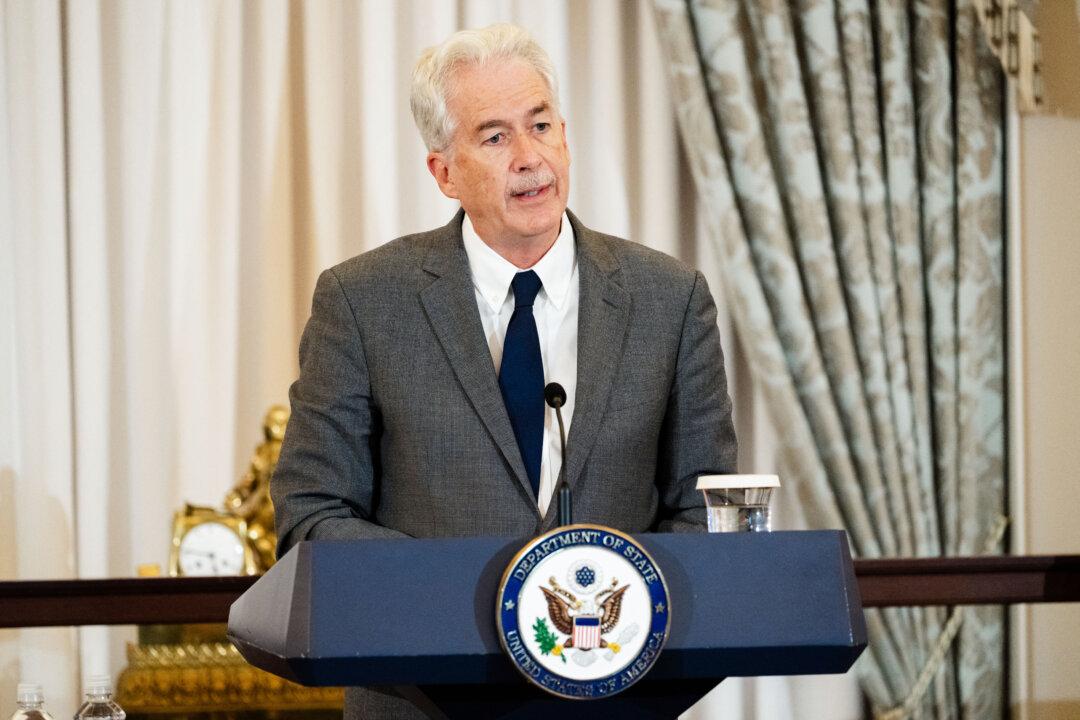The heads of the United States and UK intelligence agencies made a rare appearance together on Sept. 7, touting the joint efforts of the CIA and MI6 to counter the geopolitical ambitions of Russia and China, along with other challengers on the world stage.
CIA Director Bill Burns and MI6 Director Richard Moore, in a joint op-ed for the Financial Times, said their two agencies are working together to counter a “reckless campaign of sabotage across Europe being waged by Russian intelligence.”





